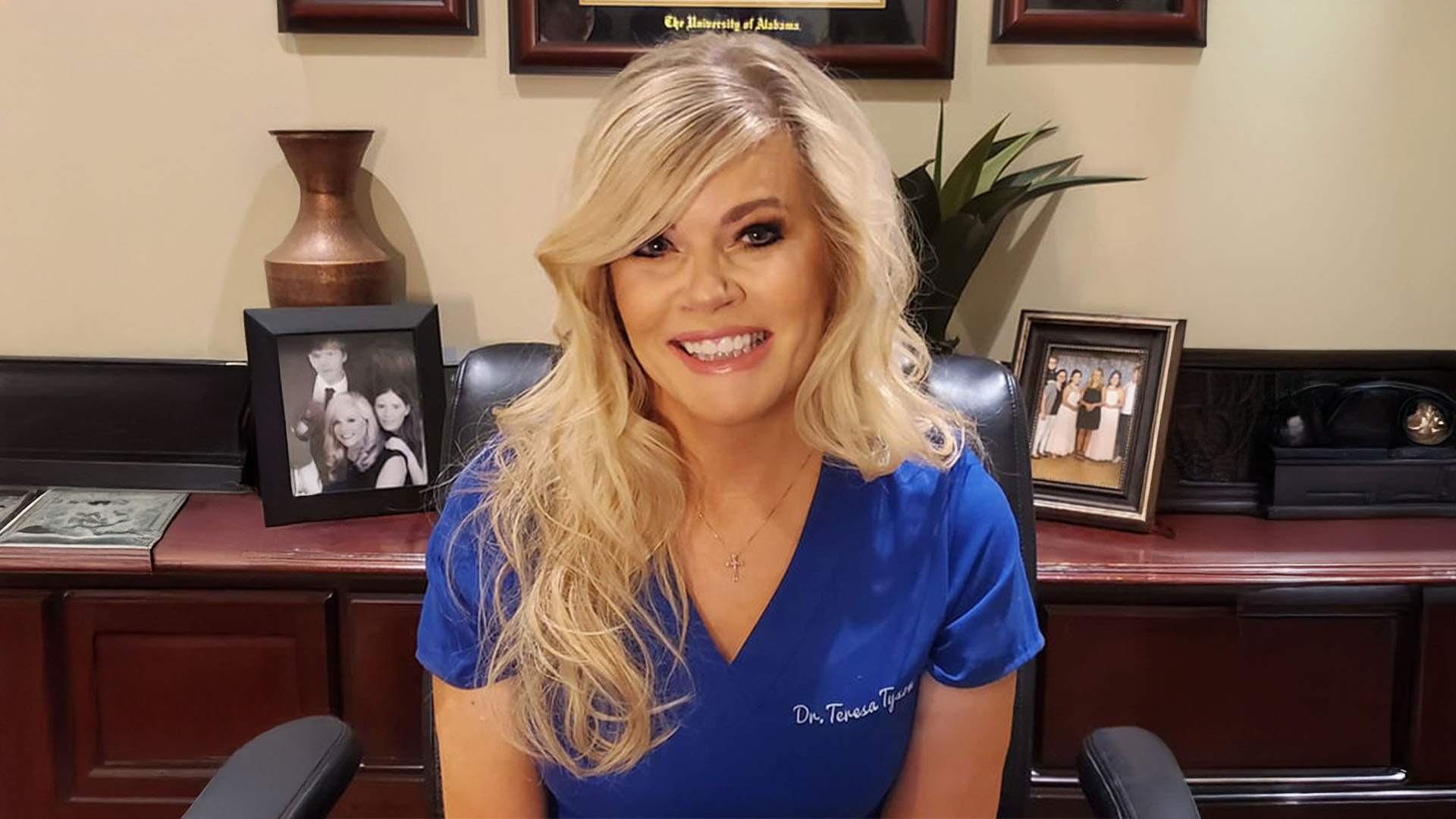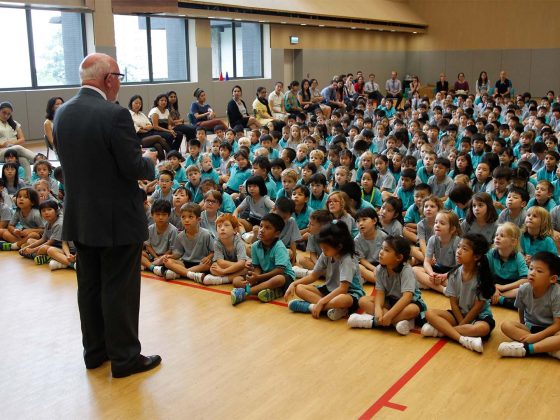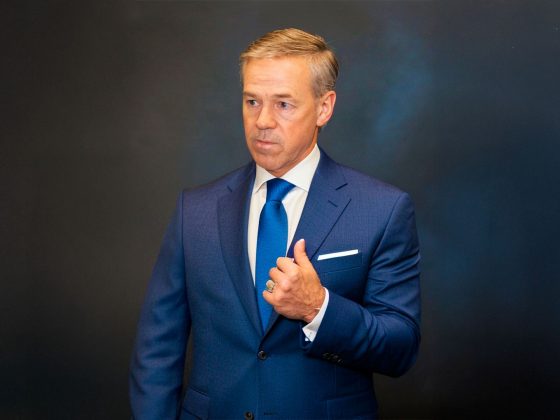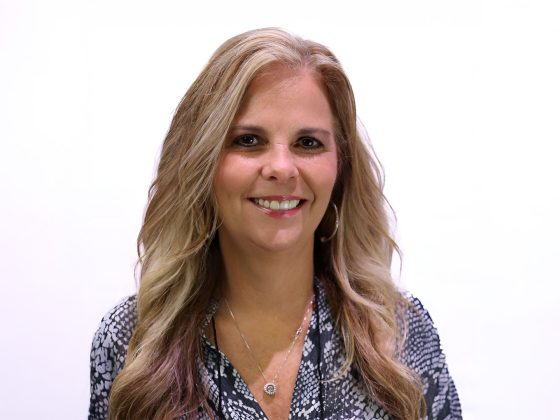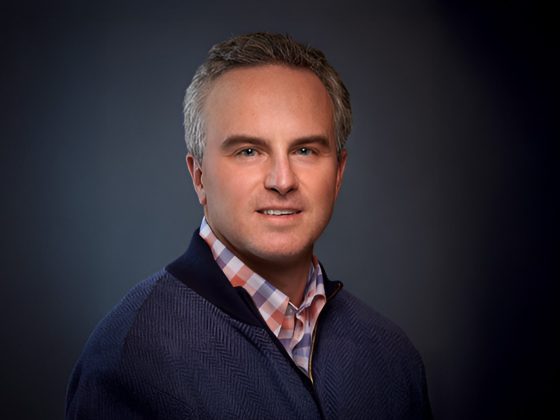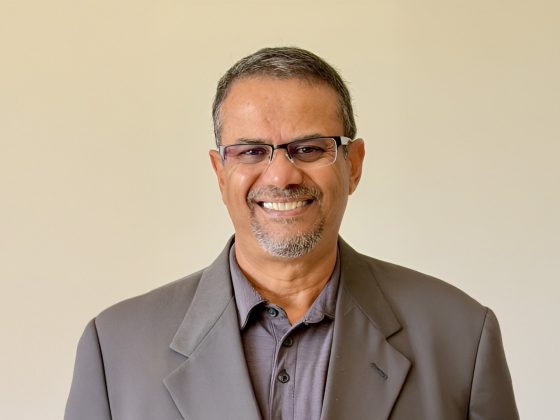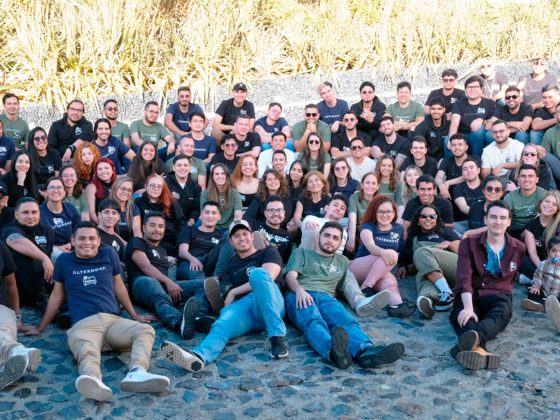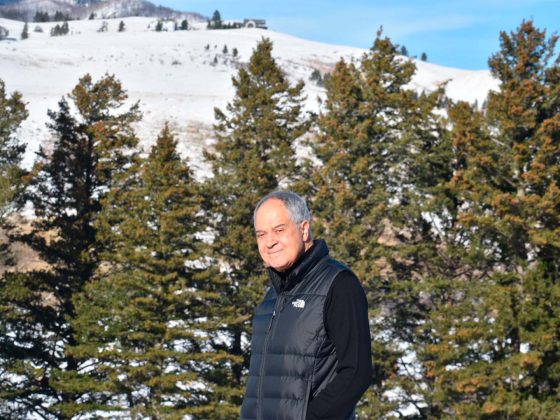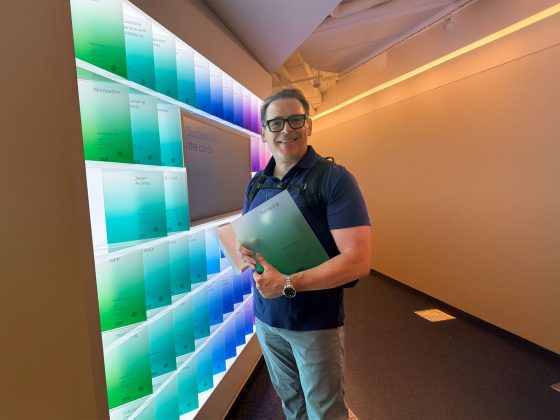Rural healthcare faces serious leadership challenges, but practical solutions exist when communities take control of their own medical destiny. Dr. Teresa Owens Tyson has spent over 30 years proving this principle works in practice. As President and CEO of the Health Wagon, she’s developed a unique approach to building healthcare leadership in the Appalachian Mountains. Her proven strategy focuses on growing talent from within rural communities rather than recruiting from outside.
Building Healthcare Leaders in America’s Rural Communities
Some people talk about rural healthcare as if it’s an impossible challenge. Dr. Tyson doesn’t see it that way. As President and CEO of the Health Wagon, she has devoted her life to proving that rural communities are not only capable of caring for their own but can thrive when given the right support. “For more than 30 years, I’ve been committed to delivering compassionate, accessible healthcare to the most underserved communities in the Appalachian Mountains,” she shares, a mission born from both professional expertise and personal conviction.
Her roots as a family nurse practitioner give her a perspective few healthcare executives have. Dr. Tyson isn’t speaking from a distant boardroom; she’s walked the backroads, treated patients in remote clinics, and seen firsthand the barriers people face. “As a family nurse practitioner and rural health advocate, I’ve seen what’s possible when we empower local leaders to serve their communities with excellence,” she says. That hands-on experience has shaped every decision she makes today, driving her belief that access to healthcare shouldn’t depend on a zip code.
Train Future Leaders Where They Live
Most medical schools act like talent vacuums, pulling the brightest kids out of rural towns and depositing them into big cities where they tend to stay. Dr. Tyson believes that approach is completely backward. “Rural communities need homegrown talent,” she says without hesitation. To her, the solution isn’t complicated, but it does require reimagining the entire medical education pipeline. “It starts with creating local training opportunities, bringing clinical rotations, mentorships, and educational programs into the heart of rural areas.”
The logic is simple and powerful: students who grow up in small towns understand the rhythms of rural life. They know the challenges, the culture, the economy. That connection matters. “When students learn in the communities they serve, they develop a deeper sense of purpose, and they’re far more likely to stay,” Dr. Tyson explains. “This has been the cornerstone of our success at the Health Wagon.”
Foster Leadership Through Experience
Here is where many rural healthcare systems go wrong: they hire talented people, then place them in roles with no room to grow. Frustrated by limited opportunities, young nurses and doctors often leave for larger hospitals or cities that offer advancement. Dr. Tyson believes there is a better way. “Leadership doesn’t happen overnight. It grows through opportunity,” she says. For her, that means trusting people with real responsibility, not just routine tasks. Rural healthcare workers, she believes, need meaningful chances to stretch their skills, take ownership, and see the direct impact of their work.
At the Health Wagon, this philosophy drives everything they do. “We make it a priority to give young healthcare professionals real leadership roles, from managing outreach programs to spearheading telehealth innovations,” Dr. Tyson explains. “Hands-on experience builds confidence and capability.” She has seen the results many times. “At the Health Wagon, we have watched new leaders emerge when they are empowered to lead boldly.”
Create Supportive Career Pathways
Burnout ends more rural healthcare careers than almost anything else. People step in with the best intentions, but reality hits hard. Long hours, limited resources, and no clear path forward can wear even the most dedicated workers down. Too many walk away, not because they lack passion, but because they cannot see a future. Dr. Tyson understands this challenge deeply. “Rural healthcare workers often face burnout without a clear path forward. We must change that,” she says. The solution, she emphasizes, is not about pep talks or token gestures. Real support means meaningful investment. “That means structured career development, educational support, loan repayment programs, and long-term investment in their growth,” she explains. “Supporting their journey isn’t just retention. It’s rural healthcare sustainability.”
After more than three decades of leading this fight, Dr. Tyson has learned that lasting solutions will not come from Washington or from large healthcare corporations. They must be built within the communities themselves. “To truly transform rural healthcare, we need to invest in the people, from their first clinical shadowing to their leadership at the top,” she says. This kind of investment requires time, resources, and vision—but the payoff is transformative. “With the right training, support, and vision, these future leaders can redefine what’s possible for their communities.”
For Dr. Tyson, the prescription is clear. “Let’s commit to building a rural healthcare workforce that is not only skilled, but empowered to lead with heart, resilience, and innovation,” she concludes. Rural communities may have been overlooked for too long, but with the right approach, they can write their own healthcare success stories.
Follow Dr. Teresa Owens Tyson on LinkedIn to see how she’s empowering rural communities from within.
